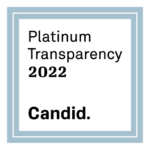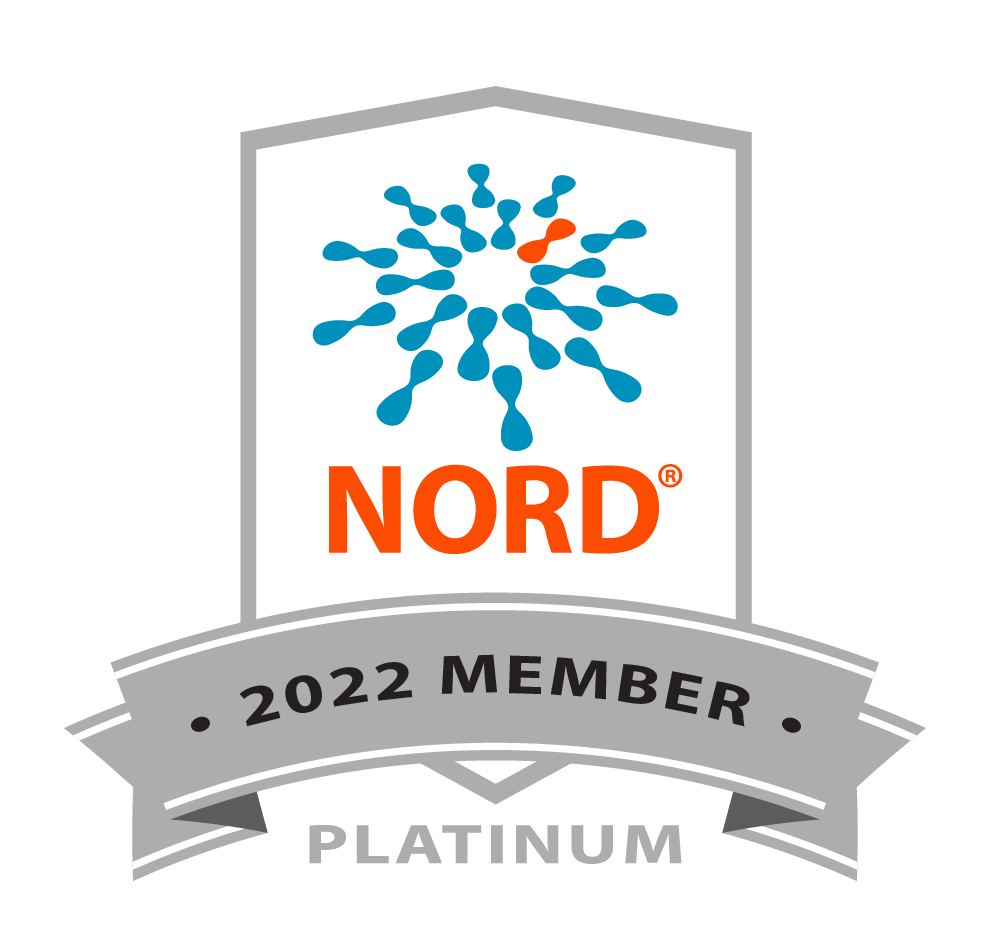May 24, Hartford, CT – Yesterday, Governor Ned Lamont signed House Bill 5500 (HB 5500) into law which includes provisions to establish a permanent Rare Disease Advisory Council (RDAC) in the state of Connecticut. Connecticut established a temporary rare disease task force in 2017 that concluded its work in 2019, but the Rare Disease Advisory Council created as part of HB 5500 will be permanent. The RDAC will include a diverse group of stakeholders who will work together to address the needs of the rare disease community in Connecticut.
“This is a great day for the Connecticut rare disease community! The Connecticut RDAC coalition would like to thank Governor Lamont, Lt. Governor Susan Bysiewicz, the Connecticut General Assembly Public Health Committee, especially Committee Chair Representative Jonathan Steinberg and Ranking Member William Petit for all their support and hard work on this legislation,” said Lesley Bennett, National Organization for Rare Disorders (NORD) Connecticut Rare Action Network Volunteer Ambassador. “This RDAC will give patients, families, caregivers, health care providers, advocates, researchers, and other stakeholders an opportunity to make formal recommendations to state agencies and our legislature on ways to develop public policy and health care legislation that will improve the lives of those impacted by a rare disease in Connecticut.”
NORD established Project RDAC in 2020 to increase the number of RDACs across the country and help optimize existing RDACs. Including Connecticut, a total of 23 states have signed legislation into law creating a Rare Disease Advisory Council, with RDAC legislation being signed into law in nine states since the start of 2021 alone.
“Sincerest appreciation to the coalition of lawmakers, patients, caregivers, and other members of the rare disease community who worked together to establish a permanent Rare Disease Advisory Council here in Connecticut,” said Peter Saltonstall, NORD President and CEO. “NORD has its roots in this state – through our founder, Abbey Meyers, and our founding nearly four decades ago. It’s incredibly empowering that Connecticut will have a permanent RDAC to help give its residents a stronger voice in their government and provide further partnership opportunities.”
Any condition that affects fewer than 200,000 Americans is considered rare. There are more than 7,000 known rare diseases, affecting 25-30 million Americans across a broad spectrum of medical conditions. People living with rare diseases face many challenges, including delays in obtaining an accurate diagnosis, finding a health care provider with expertise in their condition, and a lack of affordable access to therapies and medications used to treat rare diseases.
For more information on NORD’s Project RDAC, visit rarediseases.org/projectrdac. To learn more about NORD’s policy work, visit: bit.ly/Policy-Issues.
CLICK HERE for link on NORD Website.











